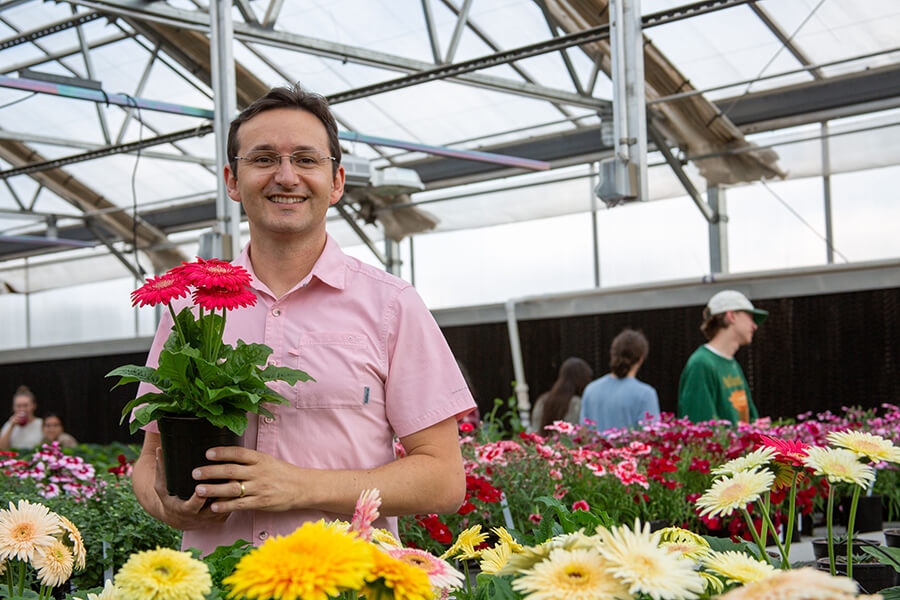Not every food brand has its own canning and packing facility. Neither does every supermarket or grocery brand. This was clear in two recent canned-food recalls for Castleberry’s and Lakeside Foods.
Both recall lists run long, with concerns centering on the potentially deadly organism Clostridium botulinum, which produces the toxin-causing botulism. And both lists include brands from grocery stores found in Georgia.
It’s not because several plants are having problems. Each case involves one cannery. And that makes finding problems easier, said University of Georgia Cooperative Extension food specialist Elizabeth Andress.
“One of the good things is that cans do have codes,” Andress said. “So the processor can narrow it down to a problem of one run if the problem is equipment failure and just recall that.”
In Lakeside Foods’ case, the recall was voluntary. A company press release reported that after routine monitoring, employees saw that 15,000 cases of 14.5-ounce French-style green beans “may have been under processed, and some cans may have leaked.”
No botulism cases were reported.
At Castleberry, however, two confirmed and two potential botulism cases triggered the recall on July 18. The suspect there was also under processing.
The reason under processing is a problem is that certain foods such as vegetables have low acid content. If these aren’t fully processed in a can that has had all its oxygen removed, the organism that causes botulism starts producing the toxin when the can is stored at room temperature.
That toxin is deadly. That’s why both companies have warned people to throw away these foods, even if the product doesn’t smell or look spoiled.
Castleberry even tells them to dispose of the cans “by double-bagging in plastic bags that are tightly closed before being placed” in an outdoor trash can used for non-recyclable items.
Andress warns against even opening the cans. Splashed on a counter or other surface, the product could spread the botulism toxin, which can enter the bloodstream through wounds or when eaten. If a surface is contaminated, the best way to kill the toxin is to clean the area with bleach.
Not all vegetables carry the botulinum spore. But the potential is there.
A “commercial canning process is based on the assumption” that certain organisms are present, Andress said. The botulism organism requires the most heat to kill harmful bacteria.
That heat “is going to take care of any other harmful organisms,” Andress said. “Technically, other organisms do survive. But they cause no problems if the food is stored properly and they’re not harmful. They just spoil the food in the can if they do grow out.”
The recalls involving canned food “are unusual because there are so many safeguards, especially with low-acid foods,” she said.
Those safeguards make co-packing, or using one plant to process many labels of food, attractive. Often a company can’t afford the equipment and certified personnel to open its own facility, so it turns to packers such as Lakeside Foods and Castleberry. Co-packing also helps keep costs down for shoppers.
It’s not just for large supermarket chains. Co-packing “is quite helpful for people getting started in specialty food production,” Andress said.
That doesn’t mean that each label a cannery runs for a product is unique. Some may put 20 different labels on the same product. Others will run 20 different products with individual labels. It depends on the customer’s specifications.
With the French-style green beans, for instance, the recipe for the Kroger’s brand may not be the same as the one for Ingles’ Laura Lynn or Winn-Dixie’s Thrifty Maid labels. But all their cans were processed before the cannery noticed a problem.
“It reminds us that the process isn’t risk-free,” Andress said. “Somebody has to do the daily job of checking these records.”






